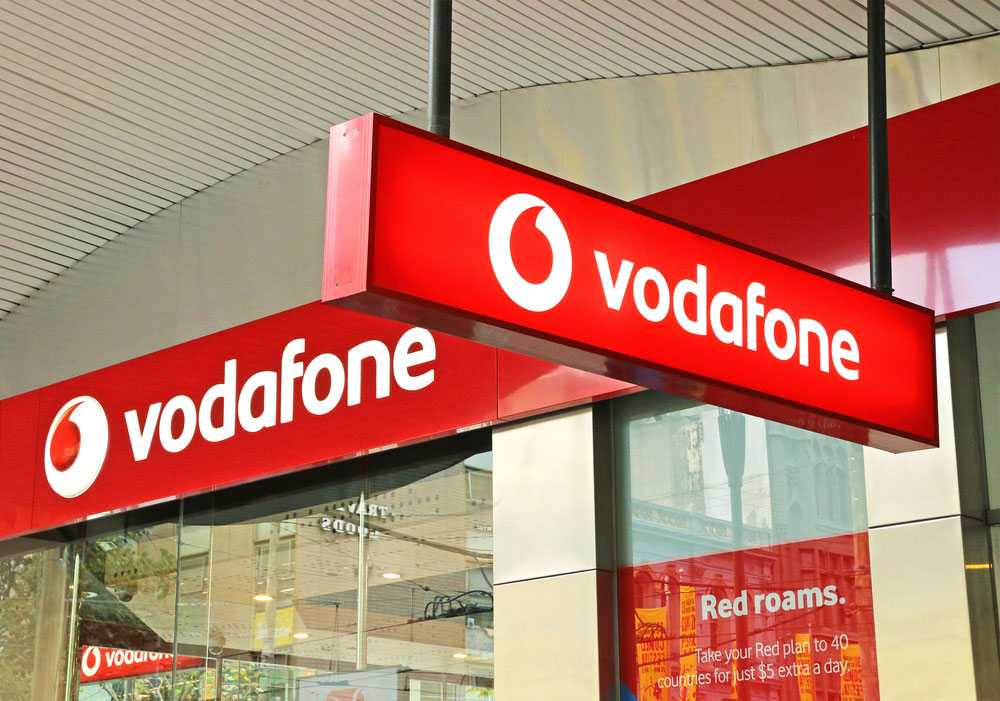The Telecom Disputes Settlement and Appellate Tribunal (TDSAT) is likely to pronounce on Friday its order on the interim stay sought by telecom operator Vodafone Idea against sector regulator Trai’s directive barring its premium pricing plan.
After hearing Trai’s view, TDSAT has reserved its order on the interim stay. It would also decide whether or not to allow Jio to intervene in this case.
The order will also impact Bharti Airtel’s Platinum plan, launched last week for post-paid users. However, the company has not moved the tribunal so far.
Defending its directive, the Telecom Regulatory Authority of India (Trai) told the tribunal that its action of blocking the plan was a prudent and a proportionate exercise of statutory power.
Citing violation of norms and likely impact on the quality of services for other subscribers, the regulator, through a letter to both Vodafone Idea and Bharti Airtel last week, blocked their respective plans of “RedX” and “Platinum”, that offer faster data speeds and priority services to high-paying post-paid customers.
Trai argued before the TDSAT that it had launched investigations into the premium plans of the two companies prior to the complaint received from Reliance Jio.
Trai has also clarified that the order does not bar or restrain Vodafone Idea from extending services to existing customers of the premium plans.
Trai argued that the directions only restrain Vodafone Idea from enrolling new customers under the premium plans.
Trai added that it was compelled to restrain Vodafone Idea as it continued to enrol new customers despite the ongoing investigations by the regulator.
Justifying the curb, Trai chairman Ram Sewak Sharma had told a television channel that telecom companies are promising higher data speeds to premium paying customers but there is no metric to measure whether this is true. No one has any technology to quantify data speeds on wireless networks.
He accuses telecom companies of making tall claims while admitting during discussions with Trai that no one can measure data speeds (unlike in fibre to home networks). So, claims cannot be justification for these premium plans, he said.
Telcom analysts said such plans already exist for broadband services, where subscribers get better speeds for higher charges and similar offers can be made for wireless services as well.
However, according to the official, “broadband services have dedicated bandwidths under which speeds cannot be compromised, while in the case of wireless, it needs to be seen whether the same space is being used to prioritise some customers”.
Meanwhile, the DoT has withdrawn a demand of over Rs 2.3 lakh crore it had made on state-owned gas utility GAIL India Ltd and explorer Oil India Ltd (OIL) in past telecom dues, the companies informed stock exchanges.
Following the October 24, 2019 order of the Supreme Court asking inclusion of non-telecom revenues for calculating statutory dues such as license fee and spectrum charges of telecom firms, the DoT had sought Rs 1.83 lakh crore from GAIL and another Rs 48,489 crore from OIL in past dues.
The withdrawal follows the Supreme Court ruling last month, terming the adjusted gross revenue (AGR) dues raised on non-telecom PSUs "wholly and totally impermissible". It asked DoT to reconsider such demand, and the department has now formally withdrawn them.

